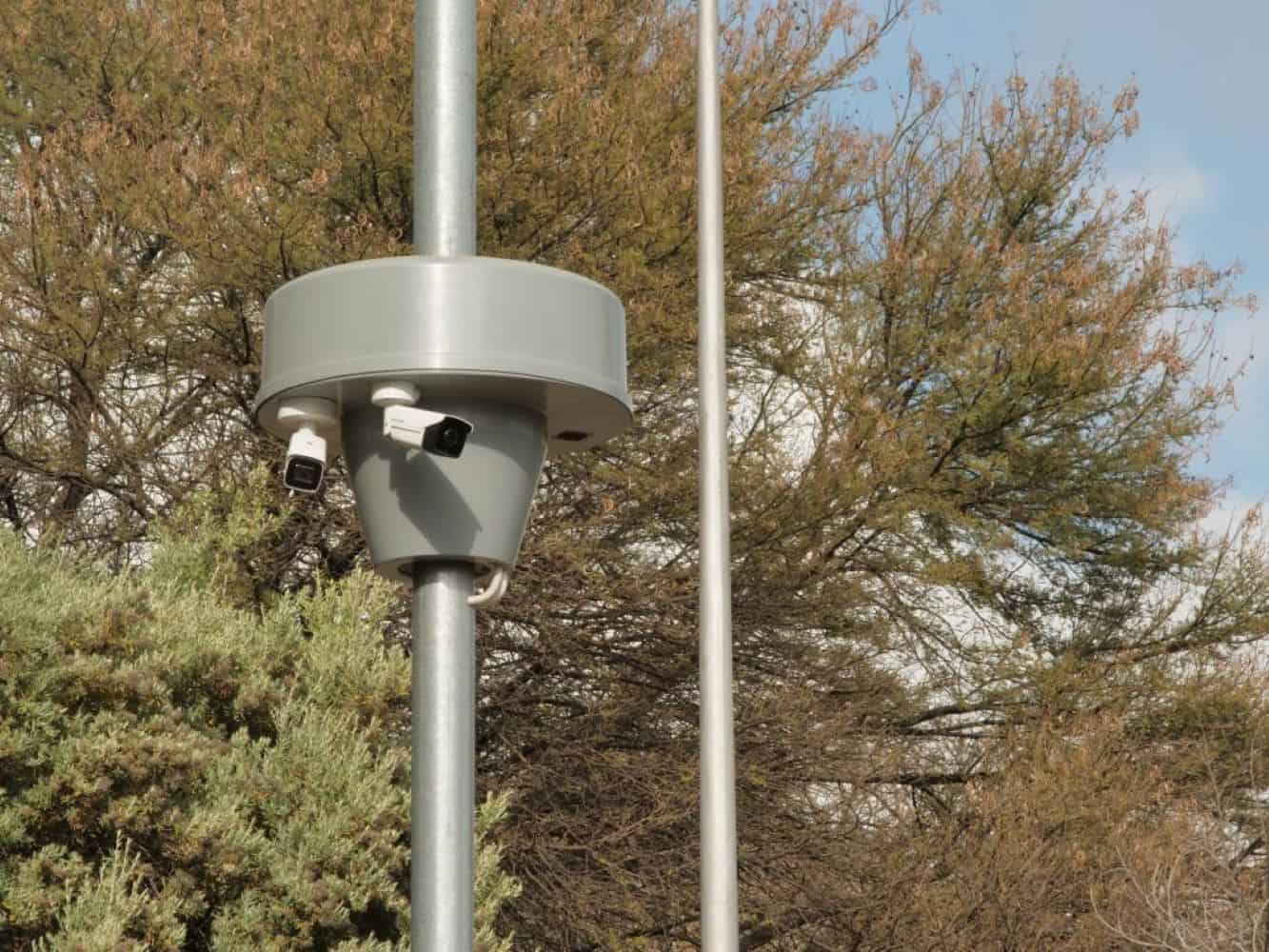Sapoa, which is among three organisations legally challenging the bylaw, believes it’s unconstitutional and invalid.

The City of Joburg intends to repeal its controversial private security by-law, adopted in February, which required privately-owned CCTV systems overlooking public spaces to be registered with the city and placed restrictions on property owners sharing the footage.
The by-law also provides for the annual renewal of approval, regular inspections of all CCTV cameras by city officials, payment of fees in respect of applications and renewals, as well as the fact that footage may only be released to a South African Police Service (SAPS) or Johannesburg Metropolitan Police Department (JMPD) officer – footage obtained from CCTV cameras may no longer be shared by the property owner or security provider.
Neil Gopal, CEO of the South African Property Owners Association (Sapoa), described this as legislative overreach by the city.
Gopal told Moneyweb that Sapoa believes bylaws are being unnecessarily rushed, developed without meaningful consultation and are over-reaching in scope.
“We identified a number of deficiencies regarding the private security bylaw, including the fact that none of the application forms provided for in it were available and the applicable tariffs were not being published.
ALSO READ: Outa going to court over Joburg’s by-law for CCTV cameras
“More importantly, the bylaw was not being adopted in accordance with the constitutional and legislated procedural requirements, as no proper promulgation in the Provincial Gazette has taken place. For this reason alone, the bylaw is unconstitutional and invalid.”
Vumacam, the largest CCTV operator in the province, previously said the introduction of the by-law would set back the progress made with the use of technology to fight crime.
The company said in a statement in April that it “believes the legislation in its current form places significant, unlawful restrictions on privately owned CCTV cameras, which are onerous and overly restrictive to commercial, private and residential camera owners”.
It continued: “Vumacam believes this is a step backwards in the critical fight to protect all citizens and grow the economy, as many private security operators have used surveillance technologies to great effect in the last few years.”
ALSO READ: Joburg’s CCTV rules undermine safety
Civil society’s outcry
The intention to repeal the by-law comes as the city faces three separate legal challenges in this regard. Sapoa, AfriForum, and the Organisation Against Tax Abuse (Outa) have asked the court to review the by-law and set it aside.
Gopal said in a statement on Thursday that despite notice by the city that it intended to oppose Sapoa’s application, it failed to submit an answering affidavit by the deadline.
“As a result of this failure, Sapoa’s attorneys, GVS Law, proceeded to set the matter down on the unopposed roll for hearing on Tuesday, 9 September 2025. Should the city still not file its papers, it is anticipated that the by-law will be declared invalid by the court.
“On 14 August 2025, the city’s attorneys notified Sapoa’s attorneys that the city intends repealing the by-law at the next meeting of the municipal council at the end of August 2025.
“They advised that the necessary resolution is being tabled in order to effect such repeal.”
ALSO READ: Sapoa to challenge Joburg CCTV by-law in court
Sapoa said it noted this intention with appreciation. “It is appreciative of the fact that the city has seemingly realised the errors it committed. Having said that, Sapoa’s application will only be removed from the court roll once the by-law has in fact been repealed, and its legal costs have been paid.”
The organisation says it will continue to monitor the situation closely and advise members once it has in fact been repealed.
Moneyweb was unable to get immediate confirmation of the intention to repeal from the city, but AfriForum and Outa both independently confirmed that they had received similar notices.
Advocate Stefanie Fick, executive director for accountability at Outa, says before going to court, the organisation wrote to the city and pointed out all the reasons why the by-law was considered irrational and unreasonable, but never received a response.
She adds that the city is doing the right thing by repealing the by-law, but it is unfortunate that it took so long.
“They would have incurred astronomical costs if they proceeded to oppose,” she says.
ALSO READ: Gauteng e-Government expands CCTV network in townships
Outa, however, has incurred costs and, like Sapoa, will not withdraw its application unless the city has paid these costs and the by-law has indeed been repealed, Fick said.
Jacques Broodryk, AfriForum’s lead spokesperson on community safety, said the city’s intention to repeal the by-law shows that it was never well thought through.
“Metros like Johannesburg should work together with private security structures that reach out to them, rather than work against them and the community,” he added.
This article was republished from Moneyweb. Read the original here.
Support Local Journalism
Add The Citizen as a Preferred Source on Google and follow us on Google News to see more of our trusted reporting in Google News and Top Stories.








